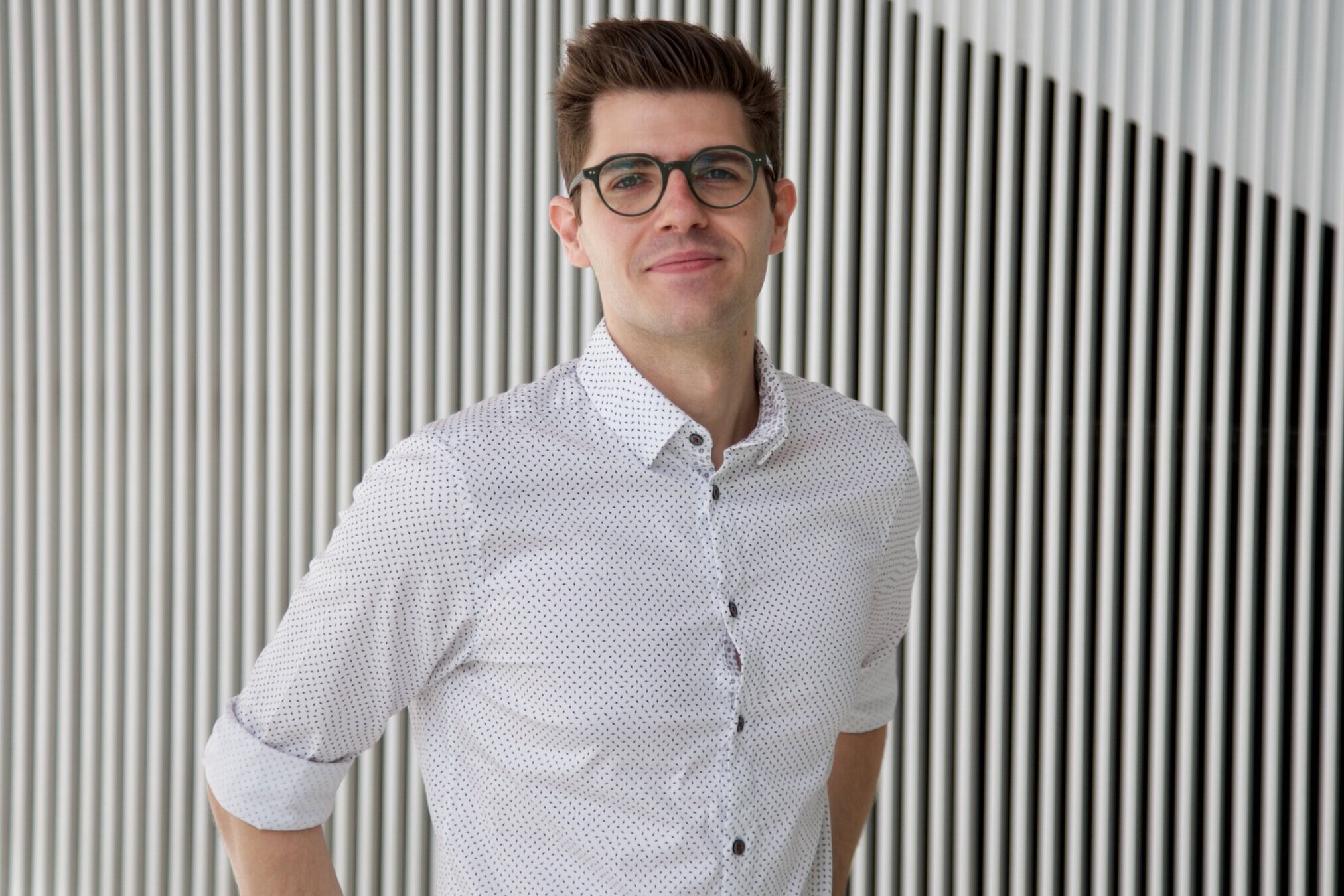
The present-day chemical composition of Earth’s atmosphere is markedly different from that of other planetary atmospheres in the Solar System, as well as from that which existed on Earth billions of years ago. Understanding the mechanisms that have led to this evolution over geological times would allow us to not only open a window into Earth’s history but also help determine if, and under what circumstances, Earth-like habitable atmospheres could exist on other planetary bodies.
A long-standing question in our exploration of planetary atmospheres is whether planetary magnetic fields play a critical role in allowing a planet to retain an atmosphere, and in particular, a habitable atmosphere. The MAL Workshop is designed to tackle this crucial challenge by bringing together experts in solar and stellar evolution, atmospheric chemistry, paleomagnetism, geobiology, terrestrial magnetosphere dynamics, atmospheric escape, and many more to work toward understanding the relationship between planetary magnetism and habitability.
The primary goal of the workshop is to allow knowledge transfer between fields and to galvanize collaborations through talks, posters, and organized discussions.
Sponsored by NSF and ECE Illinois, MAL is the result of open discussions between researchers in the fields of space sciences and paleomagnetism and in particular during the ISSI collaboration “How Heavy Elements Escape the Earth” during 2021-2022. The science organizing committee is passionate about expanding these open and creative discussions to a wider selection of invited experts by initiating a multidisciplinary recurring meeting.
Science Organizing Committee
-
Raluca Ilie
MEETING ORGANIZER
Associate Professor
Electrical and Computer Engineering Department
University of Illinois at Urbana-Champaign

-
Rona Oran
MEETING CO-ORGANIZER
Research Scientist
EAPS Department
Massachusetts Institute of Technology

-
Caue Borlina
MEETING CO-ORGANIZER
Assistant Professor
EAPS Department
Purdue University



